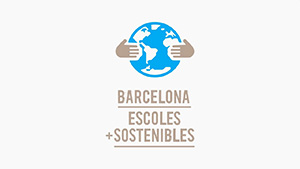

ENGLISH PROJECT
One of the outstanding qualities of Peter Pan School is our English Project, with English being one of the vehicular languages used in our learning environment throughout the entire school period. Experience shows us that interaction with trusted English-speaking adults strongly favours the gradual and natural acquisition of this second language.
The English Project starts in Early Years and adapts to each stage with the objective of finishing Primary with a very good command of spoken and written English.
- 75% of the school day in English during Early Years education
- My Phonics literacy learning method
- English-speaking tutors and teachers with recognised training and experience
- Native speaking assistants from P1 and P2 to the 6th year of primary
- Three English language learning areas in primary education
- Graded Examinations in Spoken English from Trinity College
- Other activities in English: extracurricular activities, workshops, summer camps, Erasmus + for Traineeships, collaborations with foreign schools, etc
- Continuity of our English project at Els Arcs Secondary School, led by specialist teachers from the language school of the Institució Cultural del CIC
PREVENTION, INCLUSION AND PEACE CULTURE
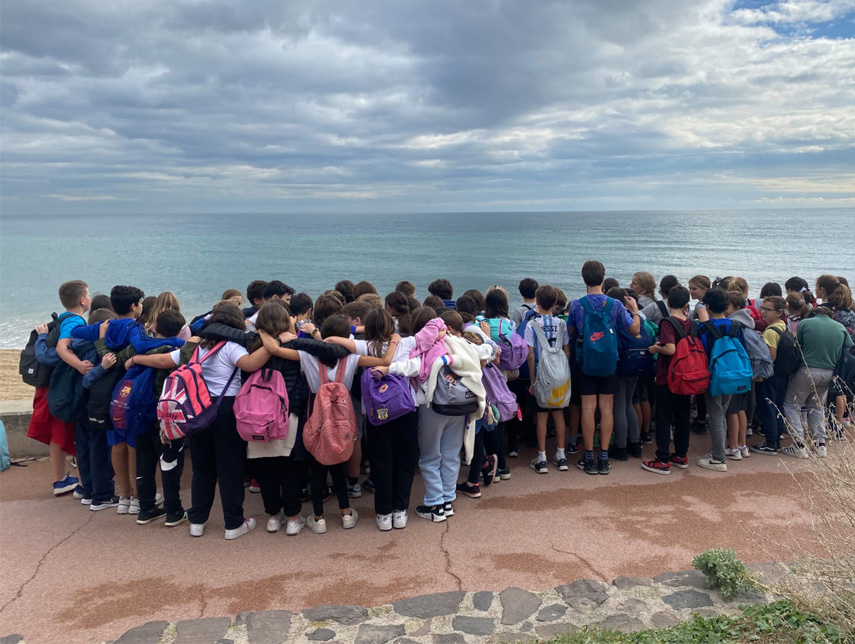
At Peter Pan, we believe that achieving a positive school atmosphere is the cornerstone of students’ emotional well-being (one of our main objectives) and we know that this has a direct influence on their learning process.
Among the objectives of our Coexistence Project, we prioritize the following:
· Creating a convivial atmosphere between all the individuals at the school and its surroundings which promotes respect, well-being, understanding and the will to cooperate as the basis of our work, learning and progress in the acquisition of competences.
· Promoting self-knowledge and knowledge of those around us in order to foster respect for diversity in a framework of shared values, within which all members of the school community accept shared responsibility.
· Fostering a culture of peace and non-violence.
In order to achieve these objectives, we make use of the following programmes and initiatives:
TEI Programme (Peer Tutoring)
A programme for the prevention of violence and bullying at school, based on tutoring between students from 3rd to 5th grades and from 4th to 6th grades.
TEI Programme‘Escolta’m’ (‘Listen To Me’) Programme
Personalized conversation sessions in small groups within the class, led by the class tutor.
Escolta’mWelcome Programme for newcomers
A programme to assist students from other cultures, countries or languages in the process of adaptation to their new environment, led by specially-trained teaching staff.
Tutorial Action
Activities to provide constant monitoring of the student with the aim of facilitating an environment suitable for preventing or dealing with conflicts.
Conflict Resolution Initiatives
Dynamics to resolve situations of conflict and reinforce bonds of friendship between the individuals concerned.
‘Class buddies’
In Early Years, the ‘class buddies’ within the class group work together and help and support each other.
Reading Friends
Pupils from 1st grade and 6th grade meet to read together and share the love of reading.
Lunchtime break
Lunch and playtime with specialized educators and relaxation before afternoon classes.
Learning to think
Children from 3rd to 6th grades acquire the necessary writing skills to express themselves in their “thoughts notebook”, which also reinforces their bond with the tutor.
HOW DO WE LEARN?
Diversity is a natural, completely normal reality: the school is a reflection of the society we live in, which is diverse, plural and heterogeneous. The school adapts to the learning pace of each student and we believe in multi-level work in the classroom, reinforced when necessary by co-teaching or reduced-group work. By using a combination of diverse methodologies, we can adapt to every situation and every learning objective.
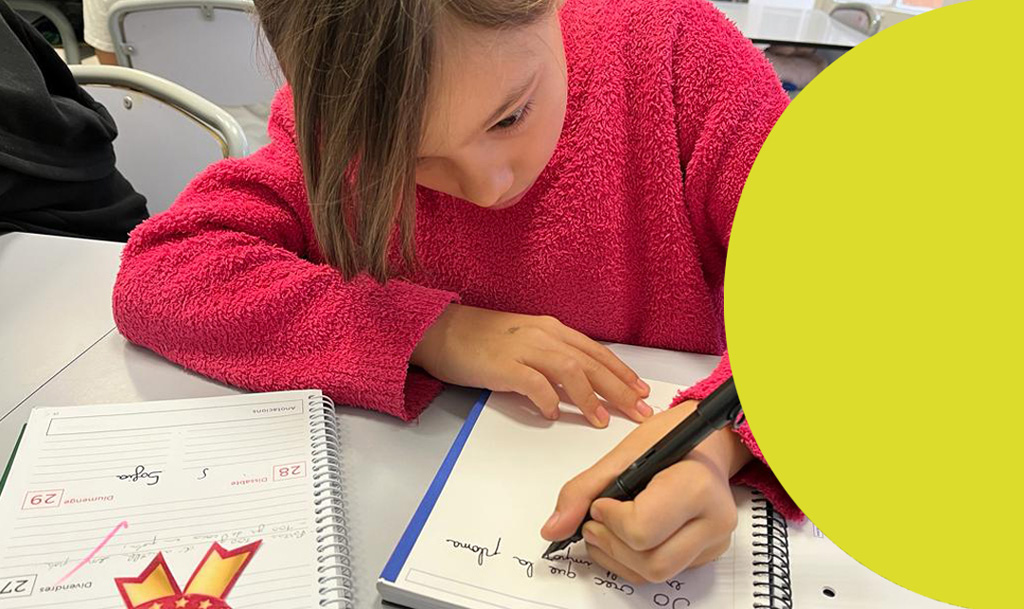
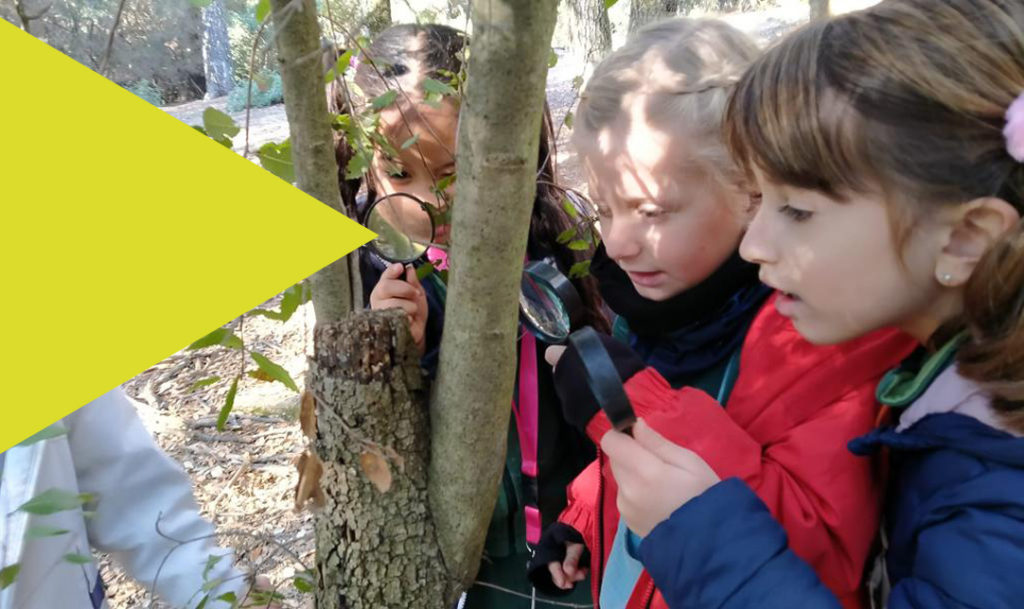
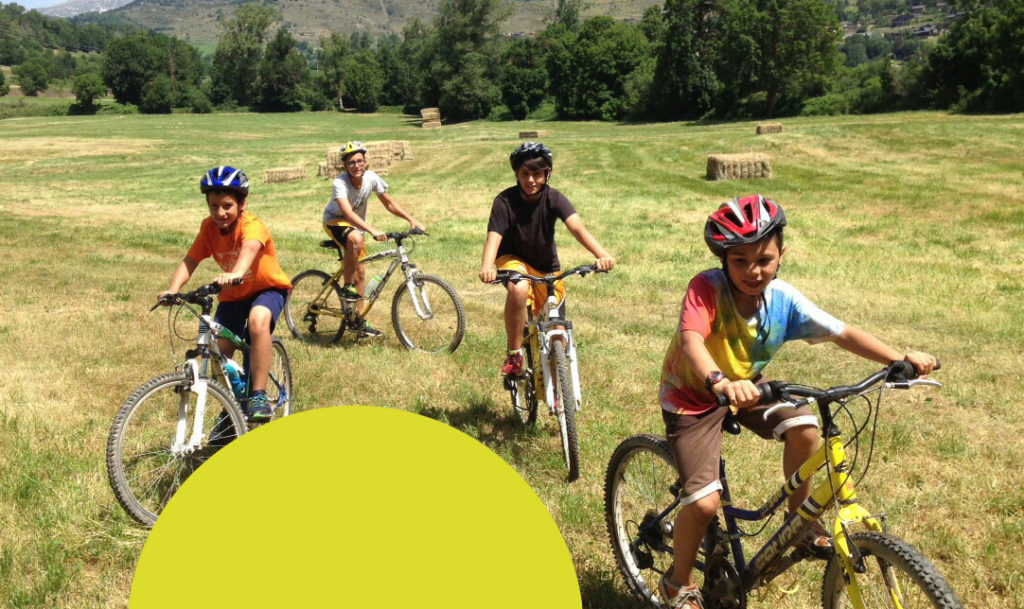
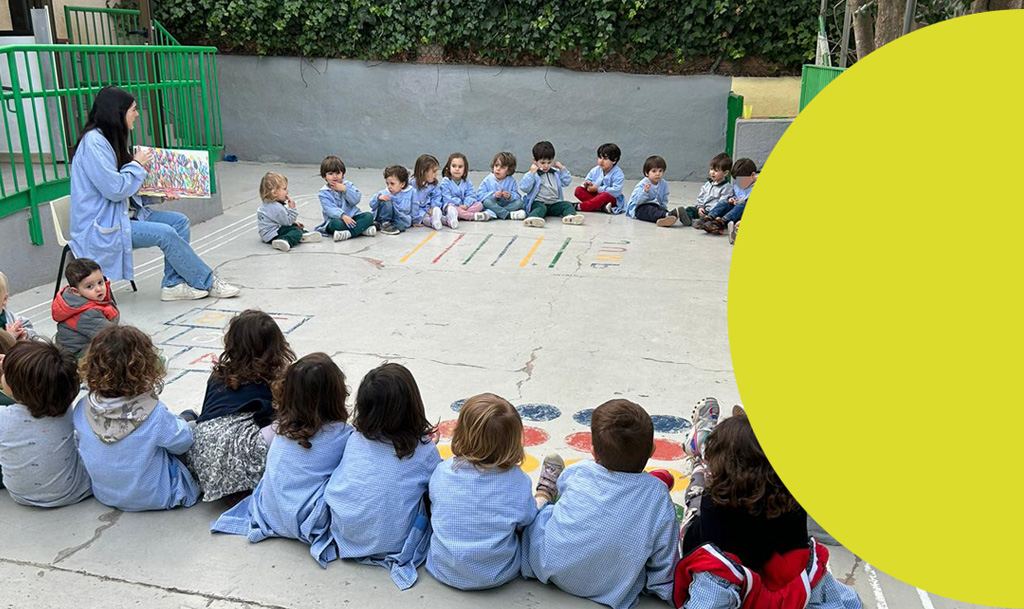
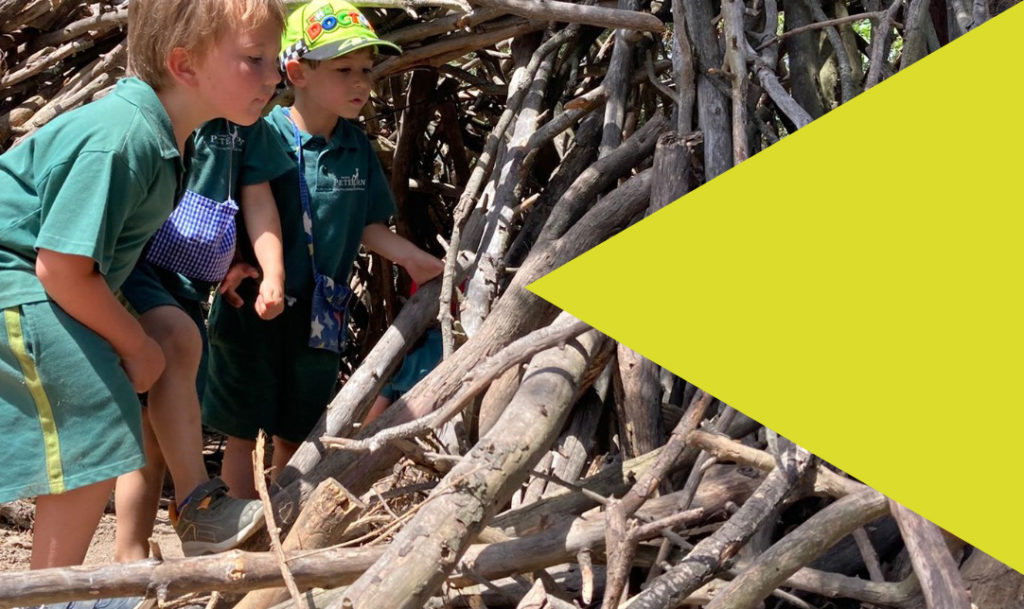
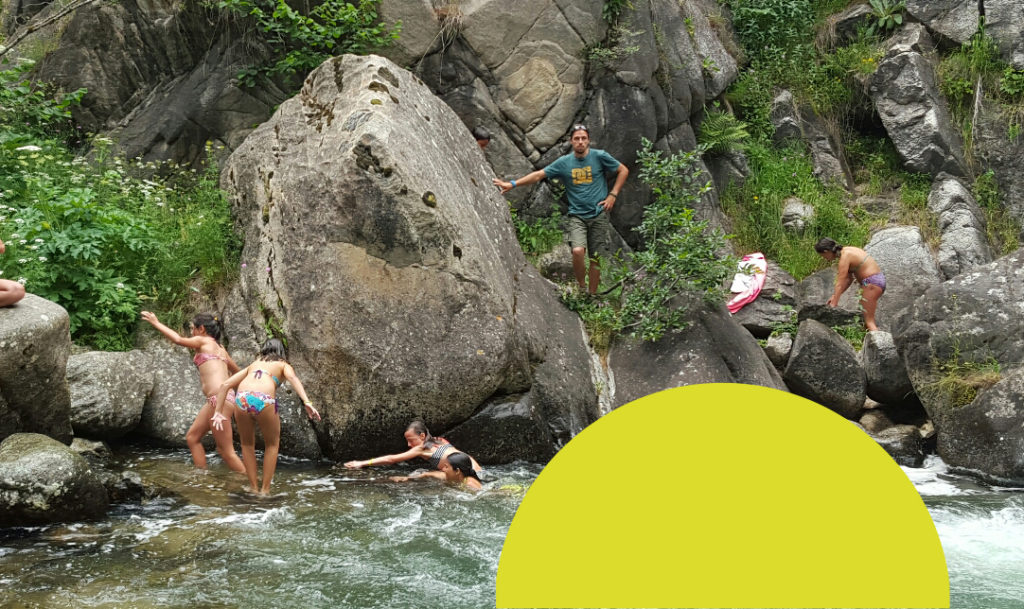
We enjoy reading and writing
The adventure of learning to read and write starts in the Early Years stage and develops throughout the school period, from the exciting moment when children learn to say their own name for the first time to the reflective texts of the “Pensaments” (‘Thoughts’ or written reflections about everyday events which students from 3rd to 6th grade share with their tutor). Creative Writing: writing poetry in Catalan and English, telling stories in the three languages… reading and writing is a pleasure at our school, as well as being an essential tool for understanding the world around us and to be able to express ourselves correctly.
Experimenting with Maths
this means reasoning, proving, asking oneself questions, solving problems, working with figures and establishing connections with the world around us: the Innovamat method encourages competence learning of mathematics through dialogue and hands-on experience.
Learning to Look After Ourselves
Looking after our bodies and the environment is a core concept at the school: having a balanced diet, learning where the food we eat comes from and doing regular exercise. We have a small vegetable garden at the school which in every season produces something tasty to eat. Motor skills and P.E (weekly swimming and other sports), dance and after-school sport also keep us fit and healthy!
We are creative
Music and Art play an important role at every stage of the school: we enjoy singing, dancing, drawing, painting and experimenting. We see art as a form of expression and also of self-discovery: drawing and stroke lines evolve together with the child, while our songbook fills up gradually with sounds and words.
We know our environment
Connecting with nature is a special moment of shared experiences which promotes self-knowledge in a different environment. In addition, the outings we organise allow us to discover our immediate environment: the district of Sarrià, the city of Barcelona and the history and natural environment of Catalonia. For more that twenty years now, we are members of the +Sustainable Schools Program, which promotes initiatives to improve the school and our environment. We are committed to sustainability and to building a more livable city.
pedagogical treasures
Thought Journals (Pensaments)
The Thought Journals are one of the school’s pedagogical treasures and we would like to explain it to you.
For years now, the students at our school have been doing a weekly free-writing exercise called Pensaments. These texts are based on everyday observations and give a critical view of what concerns them. They are short and personal, they look for a break for introspection, they help the students to think and motivate them to find words to express themselves better.
What worries primary school children? What do they think about? What makes them happy? Which words do they find to express their inner world? We invite you to discover all these things with us in the regular publications that, with the author’s permission, we make on our social networks.
Through writing, we learn to write better and writing allows us to gain self-knowledge. Here are four samples of this way of learning, from 3rd, 5th and 6th graders.
Good Handwriting with Fountain Pen
Every school year, in Autumn, fountain pens arrive in third grade. It is a time that makes students and teachers very excited.
Writing with a fountain pen calls for calmness and activates reflection: you need to think about what you want to say and how you want to say it; you need to coordinate your thinking with the motor skills of your hand and fingers, and also be aware of aesthetics: beautiful handwriting, with careful spelling, allows for a more pleasant and enjoyable reading experience. And the fountain pens, from 3rd to 6th Primary, help us with that.
Moreover, learning to read and write are sides of the same coin. Writing engages a whole system that activates more regions of the brain than when we use a keyboard. As neurobiologist Héctor Ruiz explains, studies show that when children write by hand, parts of the brain related to learning to read are also activated.
We know that some of our former students have maintained the habit of writing with a fountain pen, and that for others this skill acquired as children has helped them as adults. In any case, we remain convinced that this habit is one of the pedagogical treasures of our school.
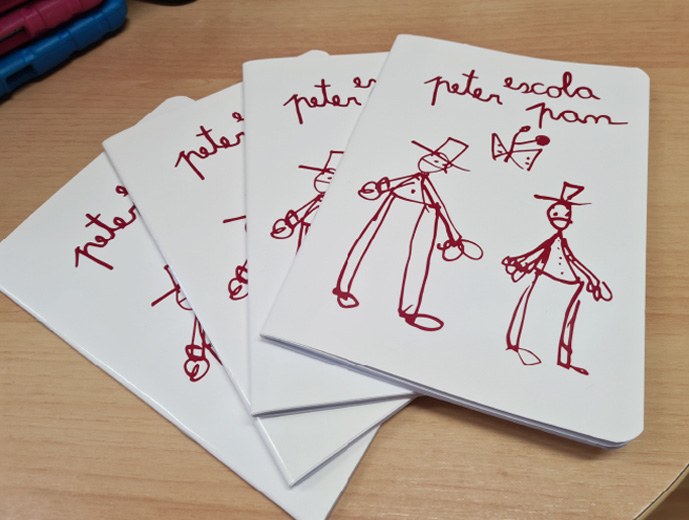
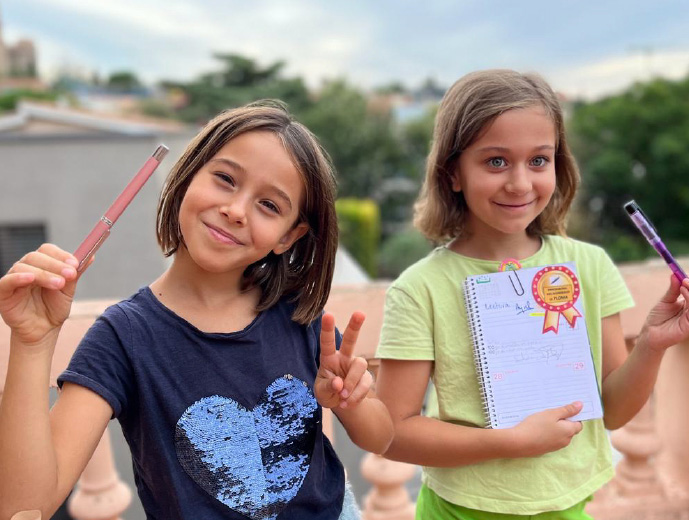
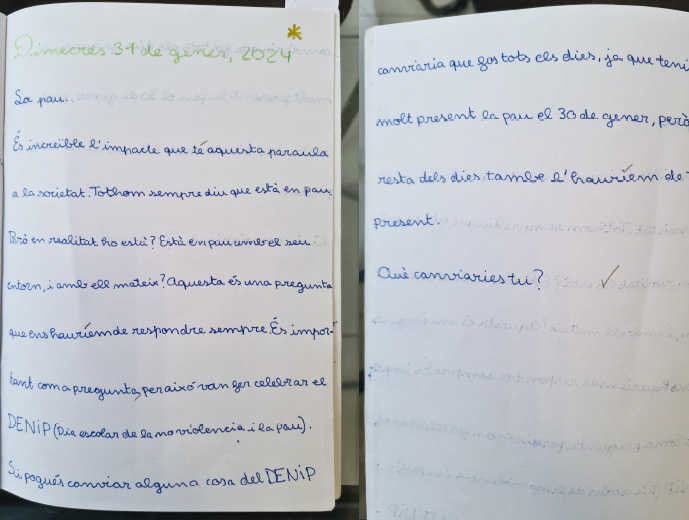
We Celebrate Traditions
Celebrations at the school mark the change of the seasons and are rooted in popular traditions. Pupils and teaching staff enthusiastically prepare activities, poems, songs, drawings, dances… it is a great opportunity for all of us – teachers, students and, very often, families too – to get together and share a good time.
The celebrations are always an exciting occasion because pupils of all ages have the chance to show off the work they have done, both individually and collectively.
At Peter Pan school, we celebrate the ‘Castanyada’ and Halloween, Santa Cecilia (Music Day), the School Day of Non-violence and Peace, Christmas, Carnival and Sant Jordi (St George’s Day).
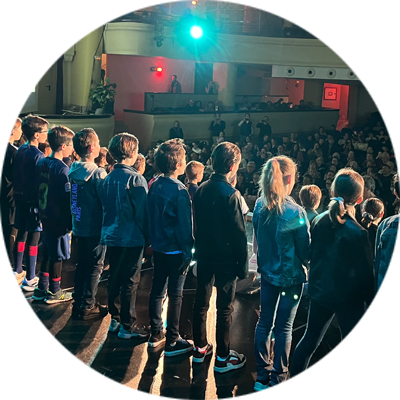
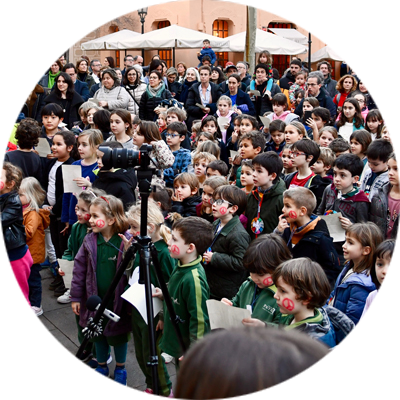
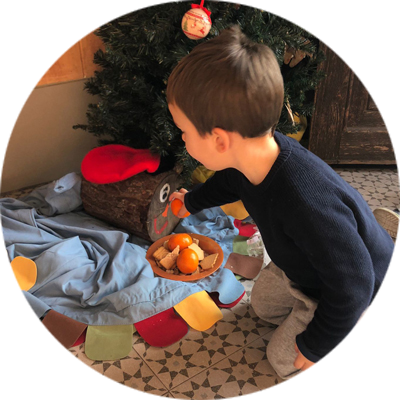
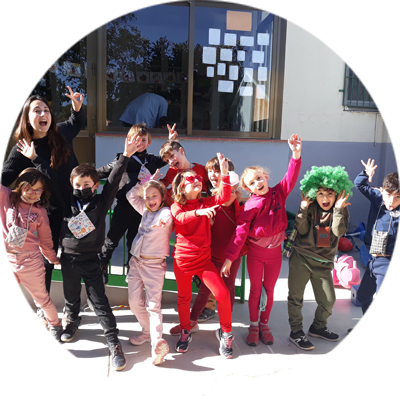
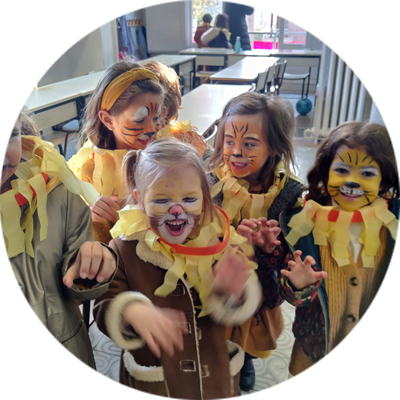
Inspiration, Experience and Creativity
When we inspire someone, we cause an enriching internal reaction in that person (our students in this case) on all levels, generating positive energy full of emotions, ideas, motivations and happiness which create a desire for exploration, for self-exploration, to improve their personal development and motivate them to achieve their personal goals.
It is a way of working which requires excellent organisation and a committed teaching staff in order to make the student the focus of the learning process and ensure that he/she receives personalised and inclusive attention.
It is a way of working which requires excellent organisation and a committed teaching staff in order to make the student the focus of the learning process and ensure that he/she receives personalised and inclusive attention.


